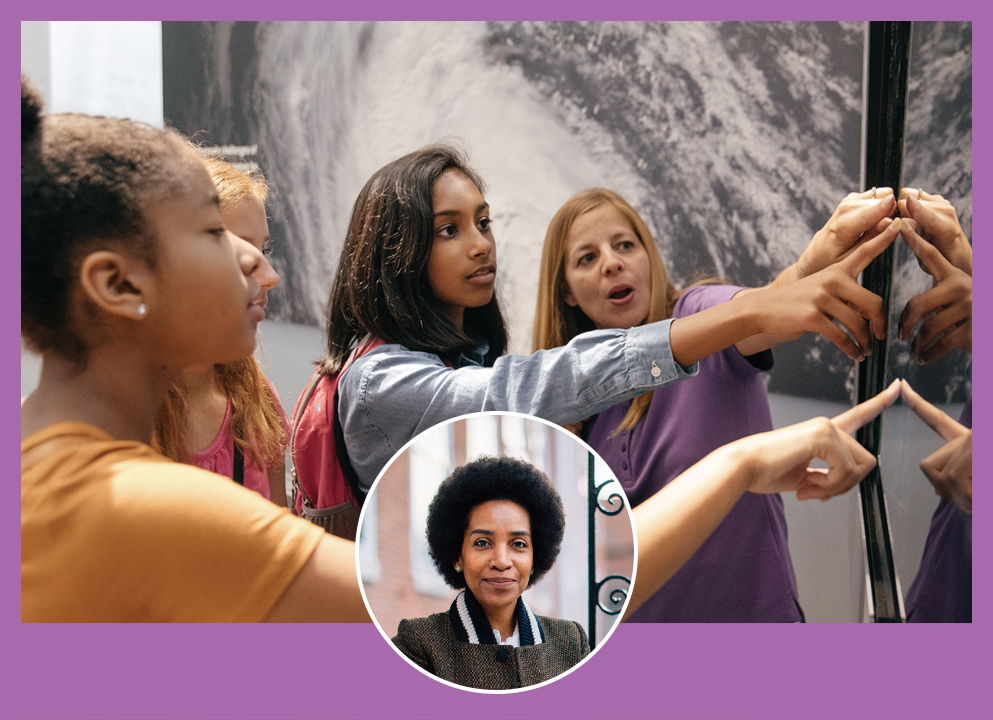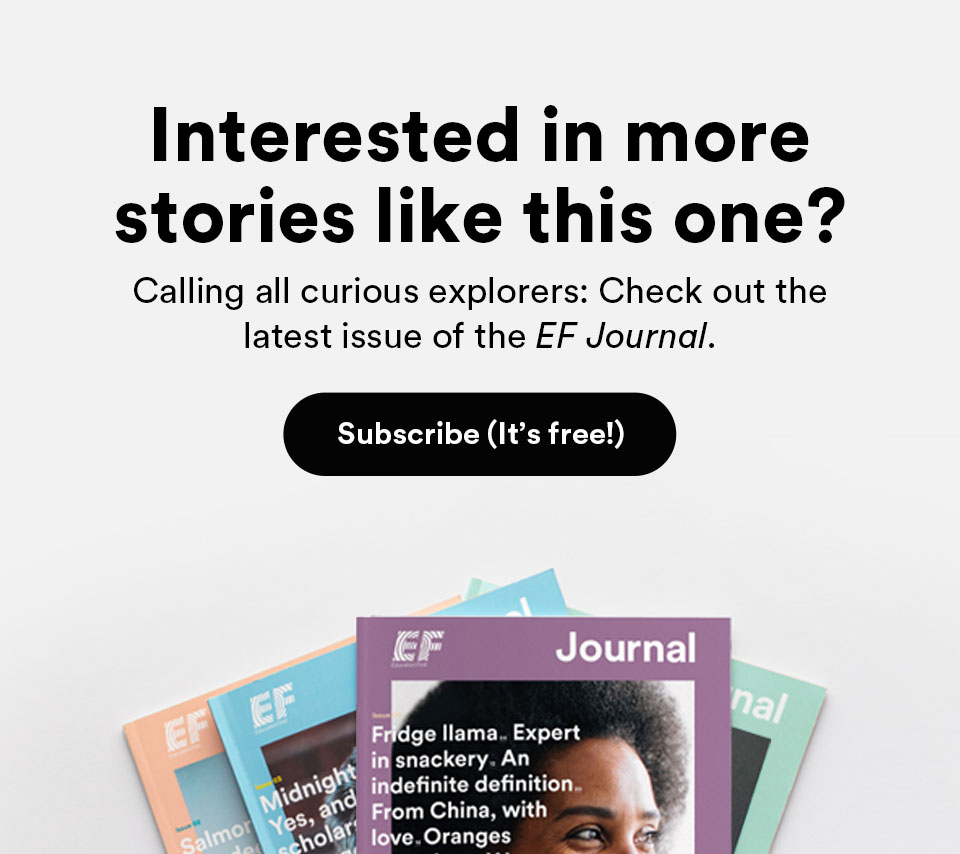
In Issue 04 of the EF Journal, Dr. Mitalene Fletcher helped us get to the heart of what global citizenship is really about. As a co-chair of the Think Tank on Global Education at the Harvard Graduate School of Education (HGSE) and their Director of PreK-12 and International Programs in Professional Education, Mitalene spends most of her days distilling research from Harvard faculty into learning experiences for teachers and school leaders. Below are some resources she recommends for anyone interested in gaining a global mindset and paying that way of thinking forward.
//Required reading
UN Sustainable Development Goals
Adopted by world leaders in 2015, the SDGs are a call for action by all countries to promote prosperity while protecting the planet. They’re also an integral part of the Think Tank Mitalene runs with Fernando Reimers (who happens to be a Ford Foundation Professor of Practice in International Education). Educators who attend the two-day institute at HGSE are challenged to develop curricula for global citizenship using these 17 goals as their guide. Learn more at sustainabledevelopment.un.org
Empowering Global Citizens: A World Course
If you’re a teacher looking to infuse more global perspectives into your practice or classroom, start here. Of the many books Reimers has written about global citizenship education, Mitalene says this is her favorite.
//Extra credit
The Globally Competent Learning Continuum
Developed by a colleague of Mitalene’s at Harvard, Darla Deardorff, this online self-reflection tool helps educators develop globally competent teaching practices. See where you land on the continuum, identify areas for improvement, and discover relevant resources at globallearning.ascd.org
Out of Eden Learn
An initiative of Project Zero, a research institute at HGSE, the free program enables students from diverse settings to come together for collective learning experiences. It has students doing what Mitalene’s colleague Veronica Boix Mansilla calls “purposeful comparison.”
Competences for Democratic Culture
Published by the Council of Europe in 2016, Mitalene highly recommends using this education framework to identify the core knowledge, skills, values, and attitudes students need to thrive within culturally diverse democratic societies.
//After-hours learning
1843
One of the most efficient ways to grow global competence is through traveling. But between trips, Mitalene suggests that you practice moving around your central consciousness online. She says reading 1843—an off-shoot of The Economist that covers culture and lifestyle—is a great way to accomplish this because “they’re reporting on the beauty of human endeavors all around the world.” To read stories of an extraordinary world, visit 1843magazine.com
Vogue
What people are wearing elsewhere can reveal more than you think. Mitalene views cultural constructs like music and fashion as “powerful means through which one can learn about ideas and values and challenges and joys” in other parts of the world. While taking continuing ed courses at the Fashion Institute of Technology, she discovered an unlikely educational resource in Vogue. She now follows many of their international editions on Instagram for a daily dose of global understanding. If you like the idea, try @vogueitalia, @voguearabia, or @britishvogue on for size.
Related articles

